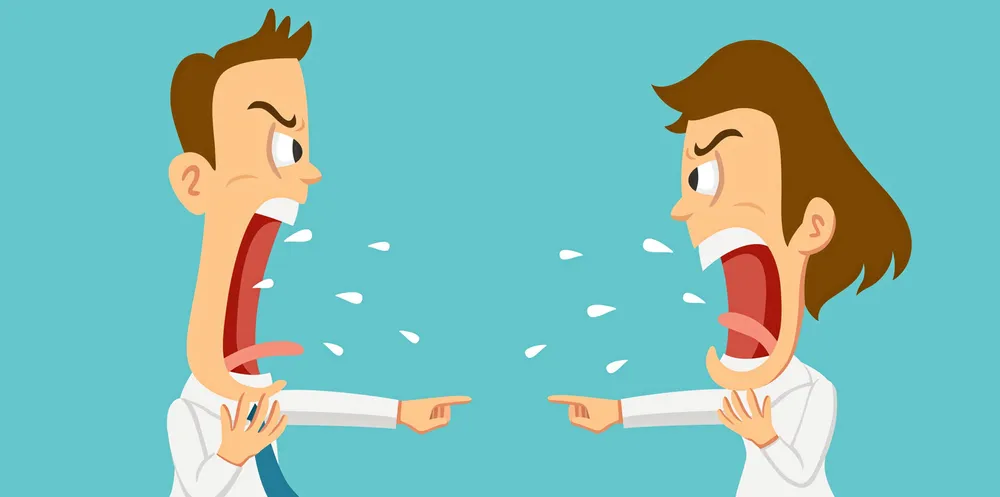Farmed salmon scrutiny, picking on Putin, a Walton sounds off and worms cause a stink: Here are the top commentaries of 2022
IntraFish editors shared their opinions on a wide range of industry issues in 2022. These were the most popular ones with readers.

As we prepare to turn the page to 2023, a look back at the most-read opinion columns of 2022 is in order.
The editors tackled eco-labels, US aquaculture (or the lack there of), land-based and offshore salmon farming, retail seafood sales, and McDonald's problems with Alaska pollock, to name just a few.
Here are the top most-read commentaries on IntraFish in 2022
It seemed like a sure thing, such a good idea. Grow salmon on land in Maine and deliver it just down the road to major markets in Boston and New York City.
Executive Editor John Fiorillo argued in a commentary that the bulk of gains in seafood sales and consumption seen during the pandemic had largely vanished.
Will sales recover in 2023? Tough to say. The silver lining is that through it all salmon has been able to grow its sales.
In this November commentary, Editor-in-Chief Drew Cherry contends that the evidence keeps piling up that the future of arguably the most important farmed fish is not going to be near the coast.
"Salmon companies would be smart to put a lot more attention and effort into not just maintaining the status quo, but ensuring that governments see the merits and necessity of fast-tracking plans and ensuring a viable regulatory structure that greases the wheels of a future offshore," advises Cherry.
The history of crass and ill-judged statements from Norway's salmon tycoons left them with little public sympathy as they struggle to summon up genuine popular resistance to the government's tax raid on the bloated industry.
Walton, backer of aquaculture group Cuna Del Mar, had a strong reaction to Seafood Watch's controversial ratings, and noted how the group unfairly ranked some aquaculture species as well. The truth, she said, is far different.
When your biggest customer raises, in a public forum, its concern about the quality of your product, you should listen.
"We’re seeing more challenges with nematodes, bones and other foreign objects than we’ve seen in a long time," Cervone said of the raw material for the company's iconic Filet-O-Fish sandwich, emphasizing that suppliers are one of the last lines of defense for food quality.
Russia's war in Ukraine had Editor-in Chief Drew Cherry exploring the long-term potential fallout from the conflict, which include sanctions on seafood trade of Russian pollock and other fish, might impact the nation's seafood sector in the future.
"'It's a very fragmented industry.' Never have six words been uttered so many times in one person's career," wrote Editor Rachel Mutter in this timely piece, highlighting what she sees as the biggest hurdle for the shrimp industry's success.
This led Executive Editor John Fiorillo to wonder if a similar political movement similar to the one that upended Canada's west coast salmon farming sector in the run up to the re-election of Canadian Prime Minister Justin Trudeau a few years ago could reek havoc in Chile under the Boric regime.
Why, after all these years and all the money spent on eco-label programs by the industry and seafood buyers, do we still have one out of every two consumers on a global scale believing seafood is unsustainably produced?
Maybe it is time to roll up the Aquaculture Stewardship Council, the Marine Stewardship Council and the Best Aquaculture Practices labels into one. Consolidate them. Combine the groups' financial might and see if that could move the needle.
Getting a fishery or farm certified as sustainable is a long, costly process. Does it buy you allies in the green community?
Eco-label groups may not need to defend against every attack, but given that certified fisheries and farms are the lifeblood of what they do, isn't it reasonable to expect that they might get help when times are hard too?
NOAA Aquaculture's new plan is more aspirational in nature than it is detailed, which is odd given the agency has been on a quest to establish aquaculture in the United States since 1980 when the National Aquaculture Act established aquaculture as a national policy priority for the United States (that's 42 years!).
In a rebuttal to John Fiorillo's assertions about the US aquaculture industry, David O’Brien, acting director for the NOAA Fisheries Office of Aquaculture, and co-chair of the Interagency Task Force for Aquaculture Economic Development.
If John F. Kennedy were alive today, we’d like to believe he might revise his quote to add “or to solve the climate or food security risk problems." Oceans 14 founder Christopher Gorell Barnes made a call to action in this piece.
When Jeff Bezos, Cargill, Leonardo DiCaprio, Robert Downey Jr. and L Catterson, one of the world's largest private equity funds, put $100 million (€88 million) behind cell-based salmon, it portended some significant change for the conventional sector, IntraFish Editor Rachel Mutter wrote.
(Copyright)